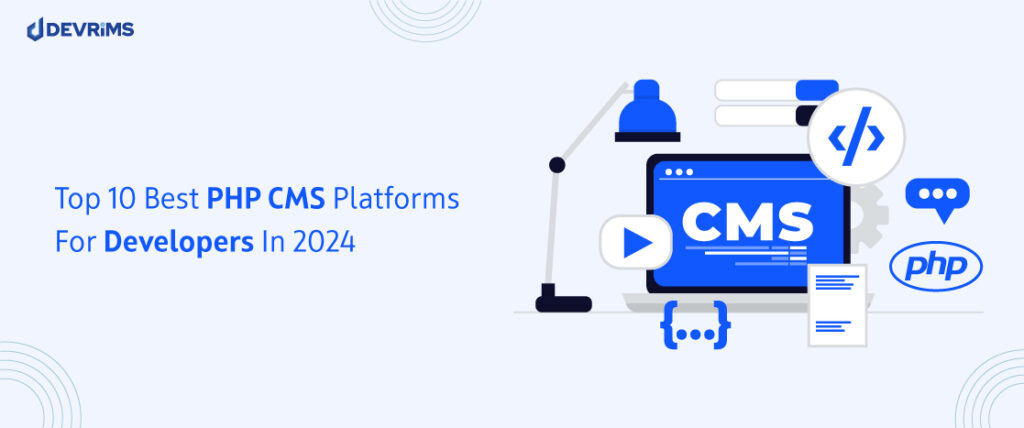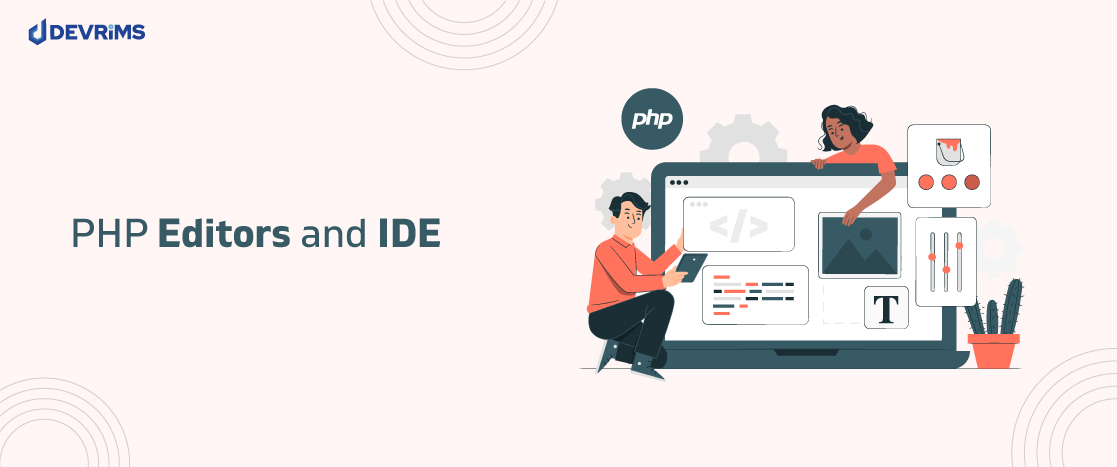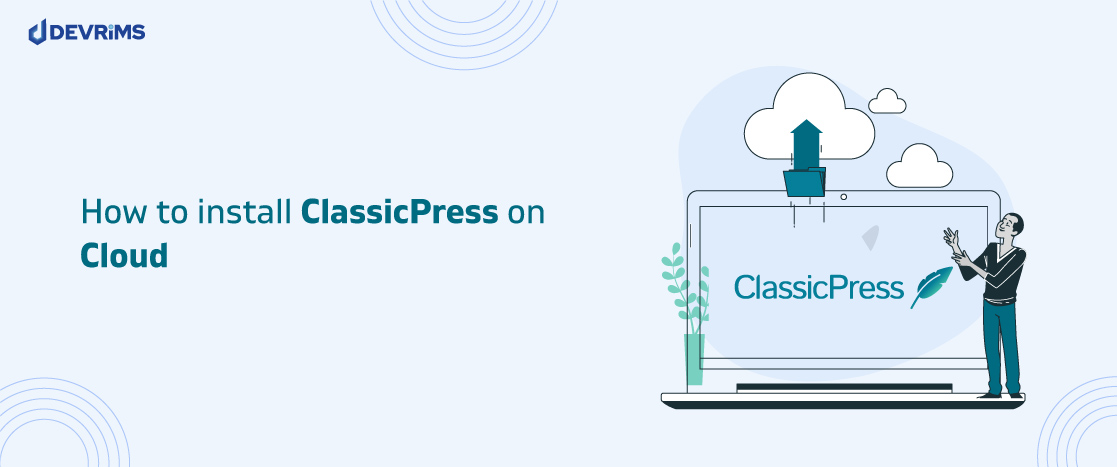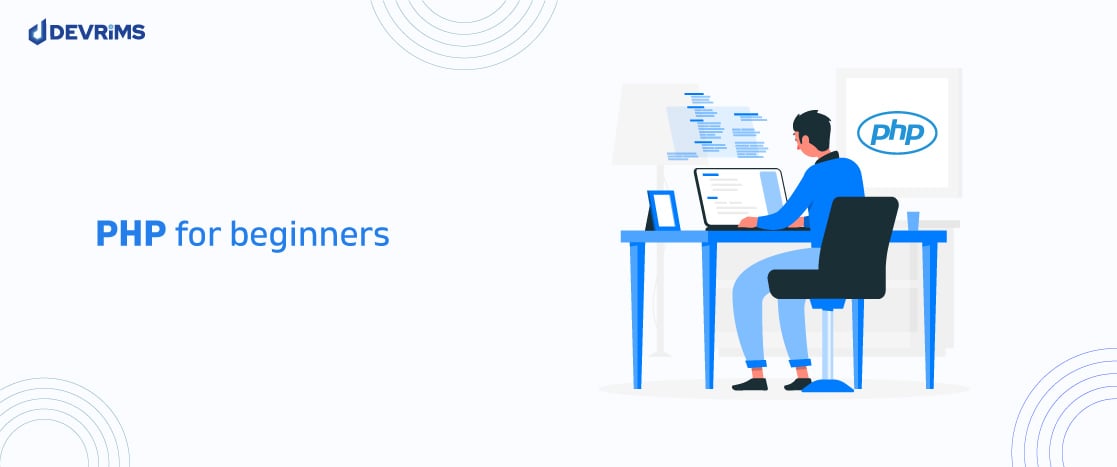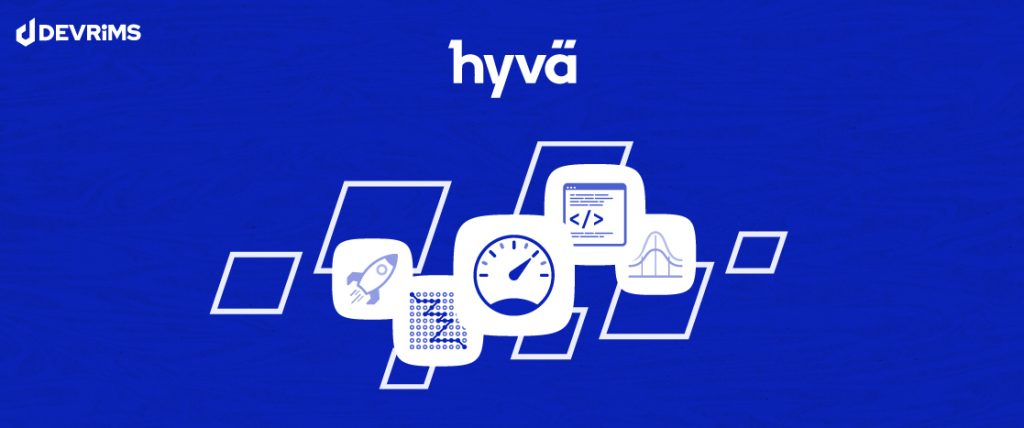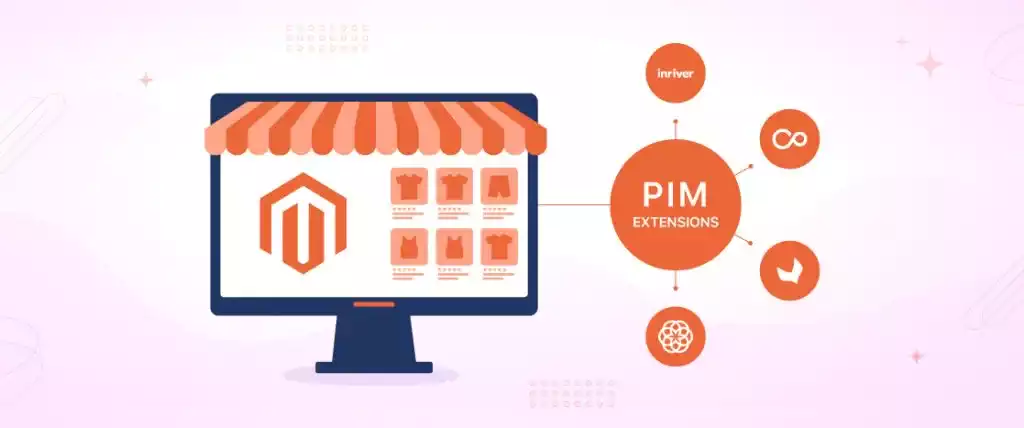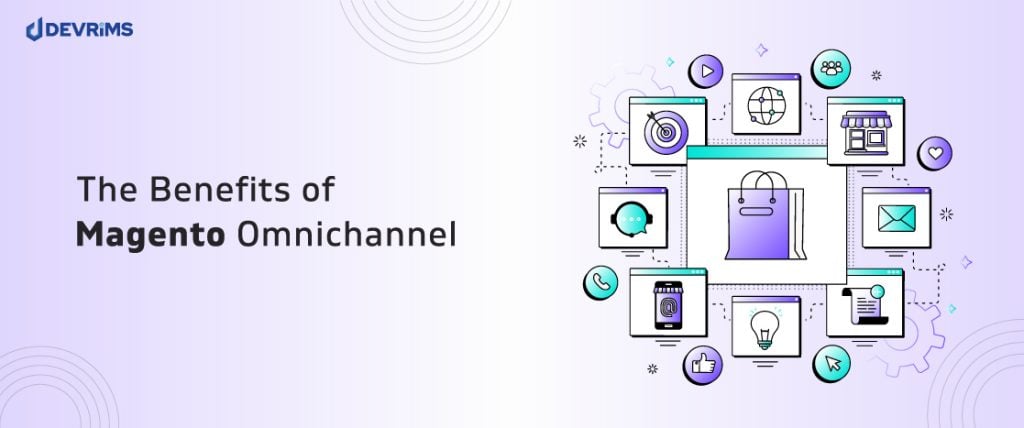This blog covers the best PHP CMS Platforms every developer must keep an eye on.
You can make website or web app building easy with a suitable PHP CMS option. However, selecting a good CMS doesn’t come easy. For developers, they must learn and test their mettle with some of the renowned content management systems in the market.
Your ability to deploy or suggest the best PHP CMS to your employer may prove to be a difference-maker. Not only the company will benefit in the long term but so will you, both professionally and personally.
So if you’re starting or a seasoned one and would like to add the know-how of other CMS options available, this article’s for you.
You must take the following considerations into account before we learn about PHP content management systems and let’s see each in turn after:
- User-friendliness
- Design-templates
- Data portability
- User support
- Extras
In the meantime, also check out our PHP interview for a deeper dive into software development.
User-friendliness
You can’t settle for anything less than intuitive. Apps or websites must show a level of user-friendliness before you can start using them. If the navigation or site structure’s a mess, you won’t like staying there one bit. If you won’t bank on such an option, don’t blame your users for staying far away from your product too.
Ideally, the user interface must allow for easy changes, accessibility of menu within reach, and tooltips spread around nicely to help you in your interaction journey. Therefore, the best PHP CMS will do just that!
Design-templates
You can’t settle for anything less than intuitive. Apps or websites must show a level of user-friendliness before you can start using them. If the navigation or site structure’s a mess, you won’t like staying there one bit. If you won’t bank on such an option, don’t blame your users for staying far away from your product too.
Ideally, the user interface must allow for easy changes, accessibility of menu within reach, and tooltips spread around nicely to help you in your interaction journey. Therefore, the best PHP CMS will do just that!
Data portability
It’s when you want to move from one host to the other. The relative simplicity with which you can do it makes all the difference in the world. There’s a likelihood that you won’t stay the same provider forever. So, take note of how you can move your data by delving into their knowledge base or contacting their support when you need it the most. Data and your chosen PHP CMS are two sides of the same coin.
User support
This point builds on the data portability above. In addition to making sure your data is safe, the availability of support is of paramount importance when you settle for the best PHP CMS. How often do you end up leaving because you were dealt a poor hand by their customer service? We can all refer to a dozen such instances.
Extras
Can you afford a simple PHP CMS? How much you can invest, a monthly or an annual billing fare better for you? Are you a big business or a small enterprise? The setup cost early on can impact your business. What if it doesn’t pay off? Your objectives might not align with certain regulations in your country or people don’t end up adding value, etc. So, you must measure and see if a certain best PHP CMS has a long-term benefit for you.
This section would also mean, keeping an eye out for an active developer community and forums. It’s essential to have people where you can share ideas and receive feedback. Or seek answers to problems that people like you may have run into in the past. Also, it makes sure regular bug fixes, software updates, and patches are rolled out to offer better security and improvements.
List of Top 10 Best PHP CMS Platforms For You
So which is the best php-based content management system of all? That’s the most commonly asked question. And we wish we had a simple answer to it. It’s subjective – the choice to opt for a certain CMS. To settle for one could depend on any of the reasons listed above. However, we’ve listed the top PHP-based CMS platforms for you to enable better decision-making.
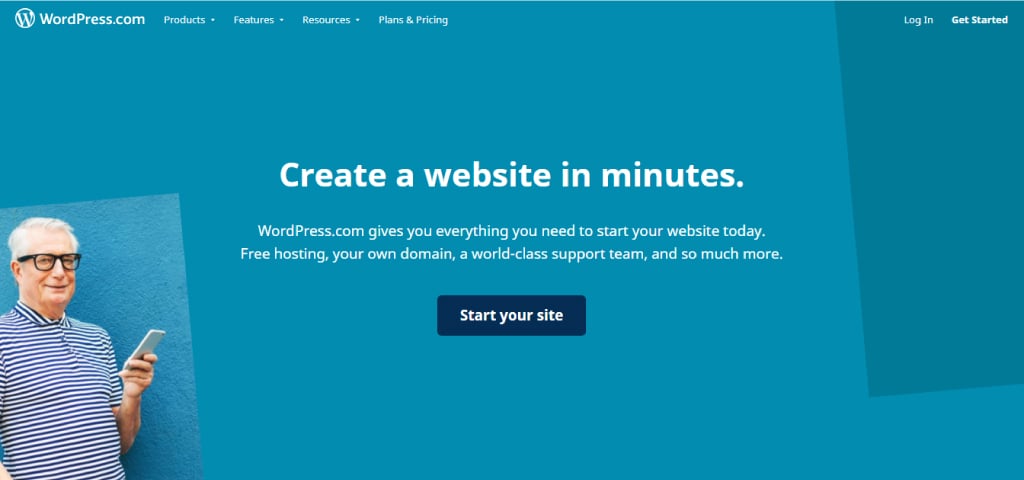
You can’t go wrong with WordPress. WordPress is intuitive from a beginner’s point of view and lets you in on customization if you know a bit of CSS. You’ll find enough templates and themes to design the best-looking website for your business
The free option helps you get the taste of it and your website address will entail a dot WordPress.com instead of a fully customized domain name. But if you choose to invest in their paid plans, different tiers unlock a variety of features for you such as high-end themes, SEO tools, and plugins.
With WordPress, you have a plugin for everything. No matter if you don’t know how to write code, from the plugins library you’ll always have something at your disposal. Whether it’s redirection, AMP compatibility, Facebook ads integration, site health check and Google Analytics and the like, etc.
Needless to say, the majority of the web employs WordPress. Its rock-solid security feature helps power many government websites all around the globe. You can further strengthen it with security and prevent your website from DDoS attacks by using a plugin like Sucuri.
Its downsides would mean nitpicking at it. Yes, as with the web, you’d have some loopholes in terms of its open-source code as it can easily become the target of hackers. Customization may require someone tech-savvy to play around. However, nothing that you can’t address after delving into their help articles or contacting their top-notch support.
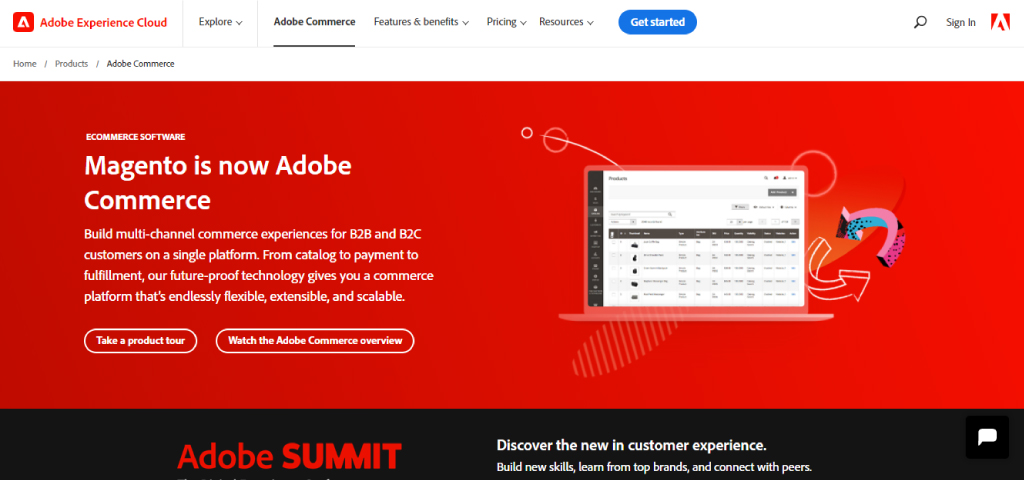
Magento is meant for e-commerce. To build applications centered around e-commerce, look no further than Magneto. You’ll find brands like Ford, Nike and Foxconnect use Magento because of its features to power their sites.
If you’re a developer looking to dip hands into a powerhouse, Magento lets you create and design websites in all their richness. You can diversify experiences for your visitors when they shop online on your website.
For the top brands what attracts the use of Magento is the platform’s ability to provide security. With the ongoing breaches and hacking, you must bank on a PHP CMS that takes security seriously. What makes it stand out, you might ask?
It uses the hashing technology where algorithms work to develop the most secure CMS passwords. Moreover, employ defenses to defend your apps and websites from bad players in cyberspace. The upside to using Magento is its developer community. As previously mentioned, it’s best to see if there’s an active community surrounding a PHP CMS which shows the platform’s relevance and will continue to receive important updates in the foreseeable future.
Lately, with the Magento 2, the platform’s seen strengthened security and enhancements to fuel online retail. Scalability is another plus. It can accommodate big apps. Some downsides might entail, pricey premium and enterprise plans as well as slightly slower loading speeds but that can become the most important factor too in the fast-paced world. For more information on costs, check our guide on Magento Development Costs.
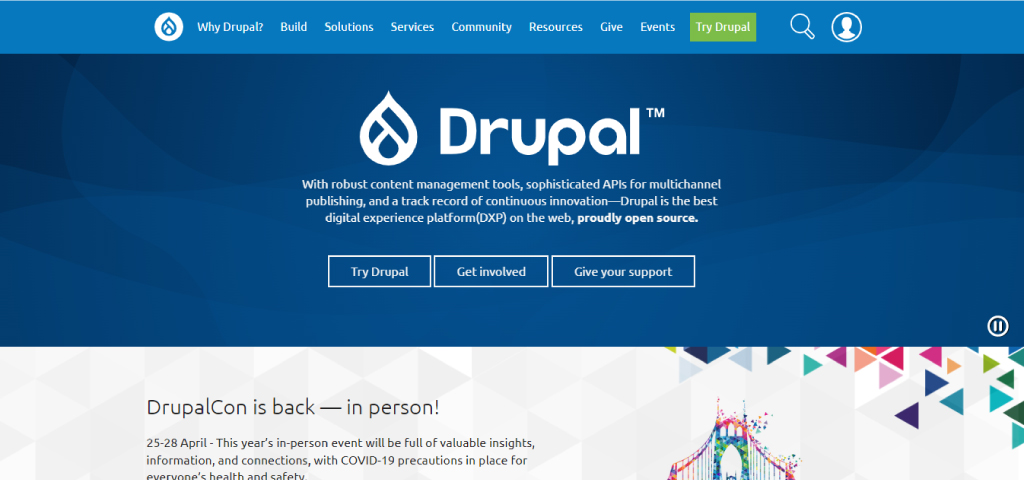
Drupal’s one of the best CMS software in the market. It’s open-source and suits any developer to build an e-commerce store. Its popularity is etched in its history because Drupal began as a message board and seeing how it encompasses the web with over a million users today is no easy feat.
But that’s not all! Drupal brings a rich set of features that enables you to build modern-day apps. As opposed to WordPress plugins, Drupal has addons or modules. Notable websites like NBC, Harvard University, and Tesla rely on the said PHP CMS to run their web operations. Ever since the migration of Drupal 7 to Drupal 8, it has accelerated the scalability and security of the platform.
If you’re a newbie developer you may have a hard time getting used to it. Installing custom modules can become a cumbersome job and if you’re someone who’s using it to publish a blog instead of an e-commerce app, you won’t find it suited to your needs. If you’re an established entity, banking on Drupal will act as a catalyst for your high-traffic website.
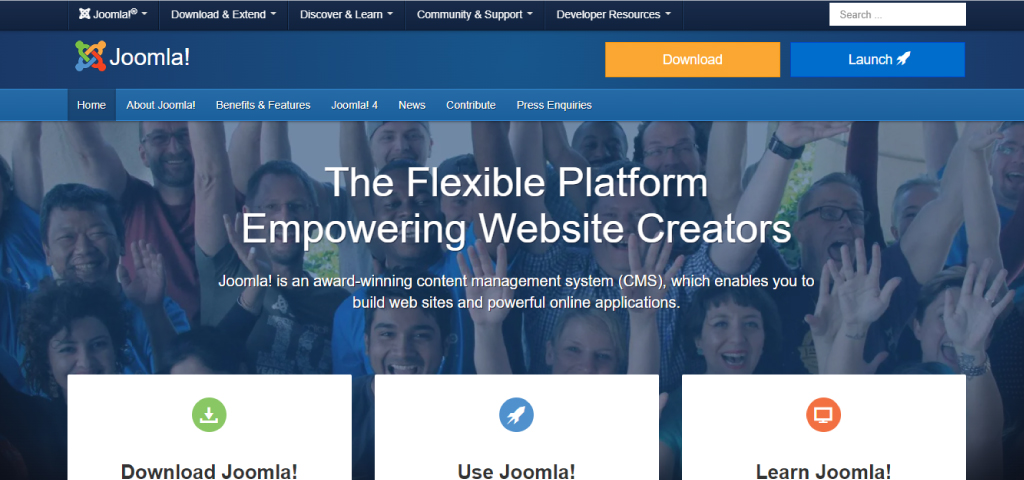
Joomla – yet another PHP CMS and its reputation precede it. If you’re looking to set up a blog or a publishing website, you must pick Joomla. It can feel a bit like WordPress (which is not a bad thing) so there’s a level of familiarity. You can create multiple blogs or dynamic websites with Joomla.
When it comes to data integration, you can integrate Joomla PHP CMS with different versions of SQL. You can easily integrate it with your website’s PHP hosting provider and get started with creating responsive websites. Joomla offers multiple designs and extensions to let you craft beautiful web apps.
Big names like eBay, Barnes and Noble, IKEA – all bank on Joomla. Do you know Joomla is responsible for 6% of all websites on the internet? With 2 million users and counting Joomla is packed with intuitive UI, scalability features, and regular security patches to keep it safe from bad actors online.
You may experience trouble if you do SEO as it isn’t the best CMS platform when it comes to SEO. There are better options. Sales modules are somewhat lacking and if you’ve made some modifications to the CMS, plugins might not work.
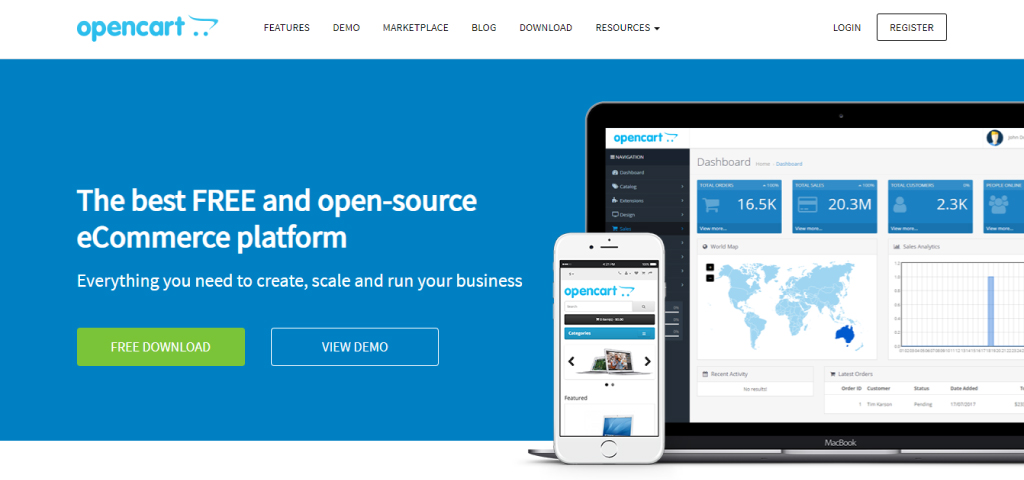
Opencart is especially suited to e-commerce websites. Opencart lets you employ more than 20 ways your visitors can pay when they visit your website. It has 12k+ extensions in its arsenal which means a ton of customization.
Opencart is the best open source CMS and as a developer, you can easily add updates to the source code and verify the authenticity of previously written code. UI is intuitive and as a new user, you won’t have much trouble navigating it. The language support library is one of the biggest. The support for product categories is also extensive. You will have something for whatever’s in your inventory.
As a developer, you’d benefit from Opencart when creating fully-featured e-commerce stores. Its 95k+ forums establish trust in the Opencart community. That it’s here to stay! You may need some technical knowledge before you can play around with customization. Moreover, sites may get stuck if traffic spikes are reported (but that’s the case with any CMS if the load becomes too much to handle).
For 14x faster page loading speeds, get OpenCart hosting on Devrims.
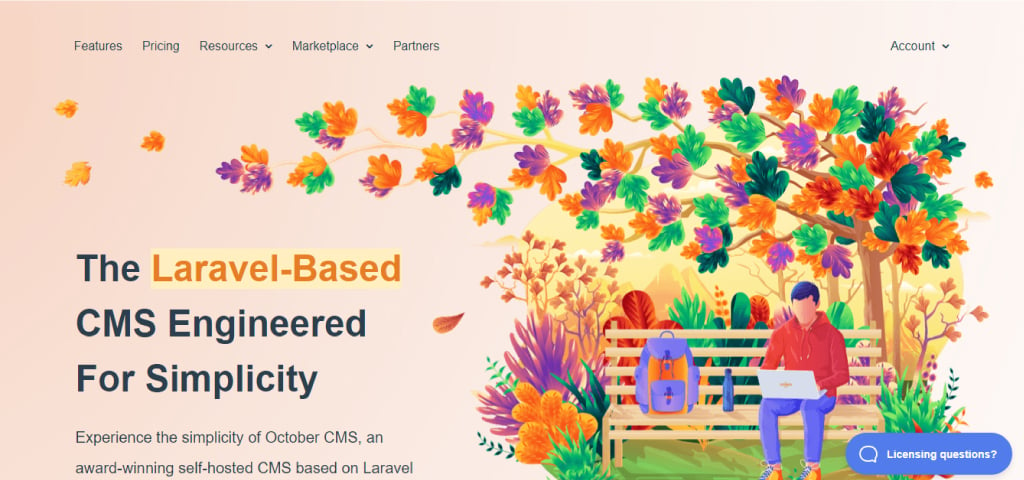
OctoberCMS is flexible, open-source, and intuitive. You can easily self-host websites and apps on it. This PHP CMS integrates well with third-party apps. You’d find more than 700 plugins and themes that you can work with as a developer. Furthermore, its large community is bound to make you feel at home.
OctoberCMS is built on the Laravel framework. You’d find it scalable and versatile when creating responsive web apps. If you’re a developer looking to dip your toes into OcotoberCMS, you can make a world of difference with just a teeny bit of effort.
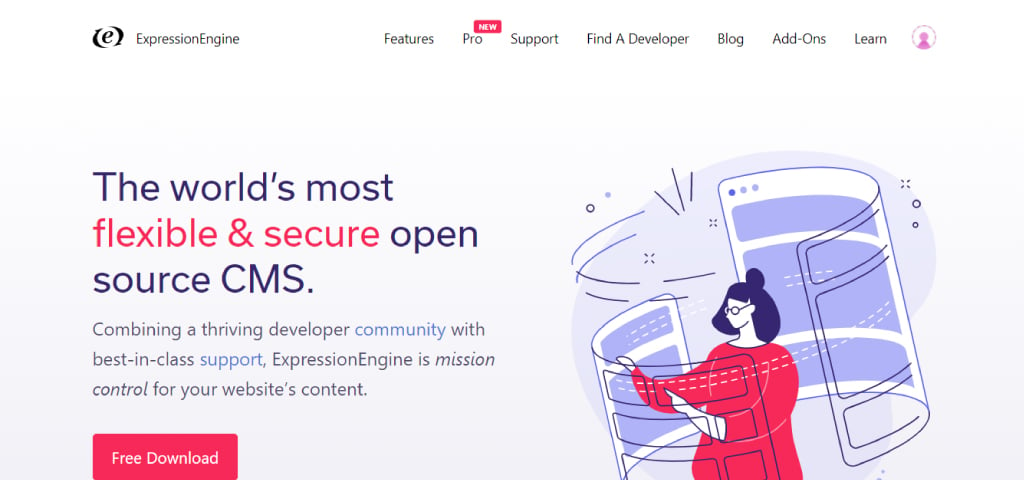
If your site is high on content, ExpressionEngine looks to accommodate that load. As a developer, you can modify its scripts with a little bit of your tinkering or tweaking. You can further introduce more functions to it.
When you update content, it immediately becomes visible to the visitor. This PHP CMS is versatile so much so that it pulls content from different databases and applies relevant formatting to it. Your visitors or users will get the best visual and reading experience across devices.
You get custom edit forms, HTML agnostic templates, preview windows before saving, SEO integration and enhanced security, etc. On the downside, context boxes can make navigation or content editing a tad bit difficult. Developer network support isn’t awesome and naturally, support for third-party plugins or themes
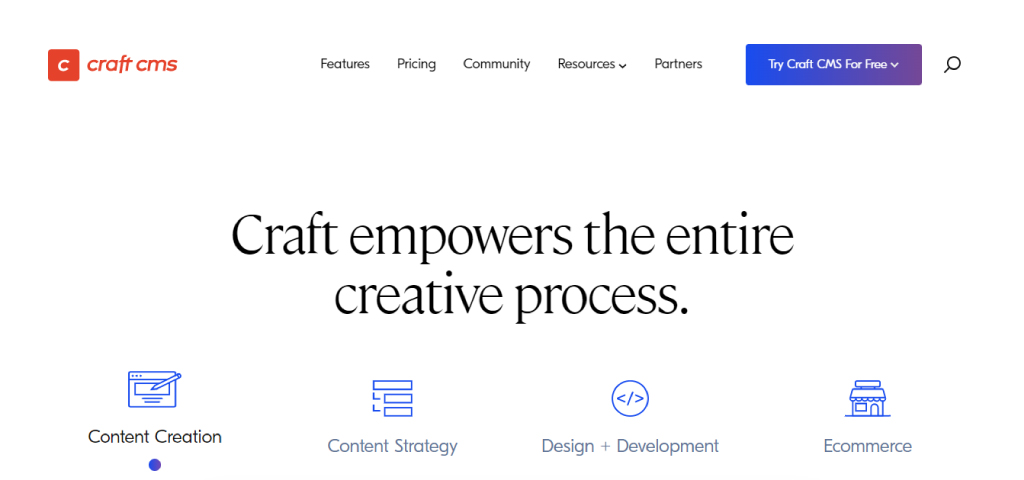
Craft is a relatively new PHP CMS. And has a low user count but not because it lacks anywhere. Penetration in the market may take a while, however, developers are all praises for this one. You can create your front-end environment using Craft seamlessly.
All you need is knowledge of HTML and CSS and you’re good to go. The back end is clean too. Content editors won’t have difficulty in working with its features. They can publish content frequently using the Craft PHP content management system.
Craft is lightweight. When integrating it with your hosting provider online, it isn’t a power hog. So fewer performance issues. The only drawback some developers may find is that it’s not open-source. Regardless, it does the job well by supporting a ton of commercial features, is developer-friendly, and offers effective security.
If Craft CMS is pricey or doesn’t serve you with enough plugins, consider selecting another PHP CMS from the list.
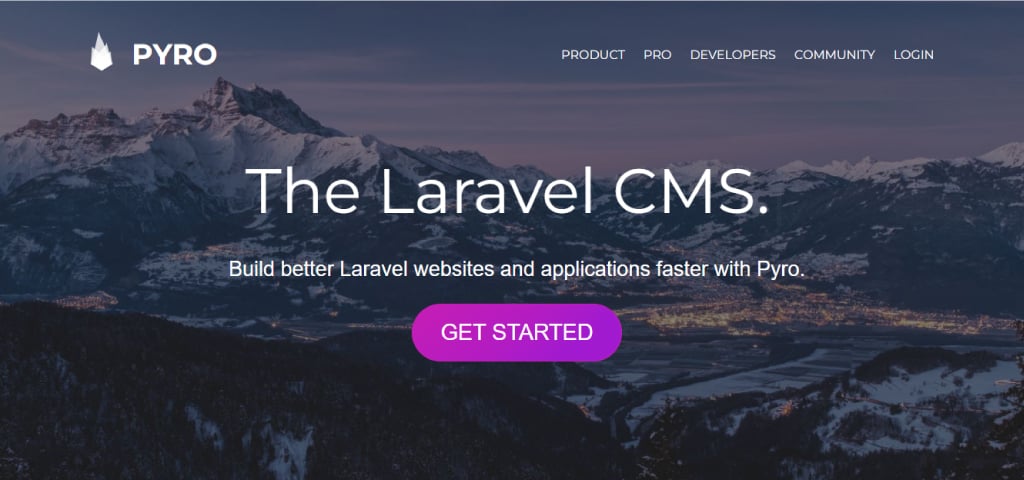
It’s based on the Laravel framework same as OctoberCMS. It’s versatile, has an intuitive backend design, and comes with a lightweight and modular architecture. As a newbie developer, you can learn it with ease and its modular design helps you cater to varying scopes and bring together the right set of components. Project building was never this simple!
All you need is knowledge of HTML and CSS and you’re good to go. The back end is clean too. Content editors won’t have difficulty in working with its features. They can publish content frequently using the Craft PHP content management system.
Craft is lightweight. When integrating it with your hosting provider online, it isn’t a power hog. So fewer performance issues. The only drawback some developers may find is that it’s not open-source. Regardless, it does the job well by supporting a ton of commercial features, is developer-friendly, and offers effective security.
If Craft CMS is pricey or doesn’t serve you with enough plugins, consider selecting another PHP CMS from the list.
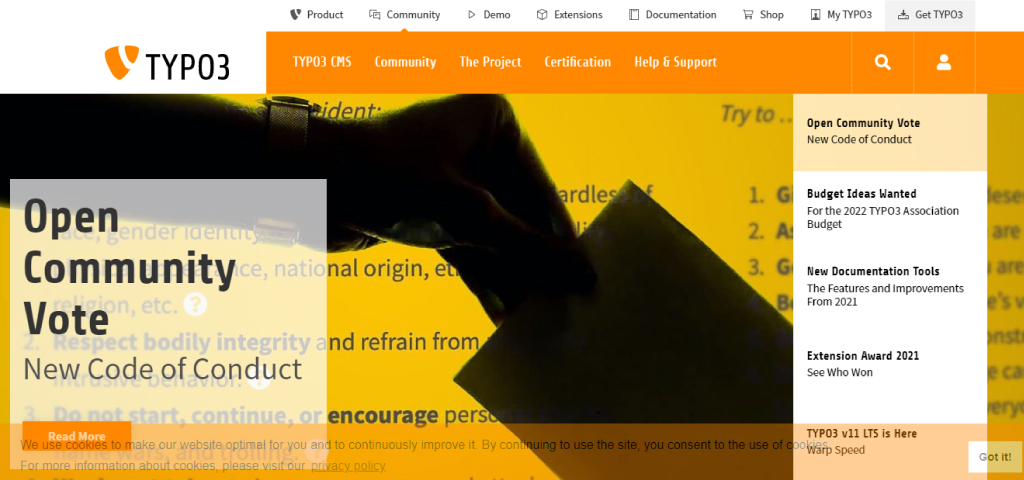
Lastly, we have TYPO3. You can use it on multiple operating systems including Windows, Linux, macOS, etc. You can use it to power e-commerce stores. It can accommodate platforms for large businesses or companies. The community support is massive.
Since its code and content are separately handled, it makes for a delightful user experience as a developer. TYPO3 comes with support for 50 languages and with localization, it can address customer needs wherever they may be in the world.
On the flip side, it’s hard to configure and training can incur a huge cost in terms of both human capital and finances.
To Wrap it up
That sums our list of the top 10 Best PHP CMS platforms that every developer needs to know. Or at least some of them if not all. Practically speaking, you can’t master them all but if you can get well-versed in some of them, you might fare better than others.
As always, the opinions and PHP CMS frameworks in the article are the author’s own. There are many others that you can choose depending on the size of our business and your price range. But remember, a good CMS will offer you user-friendliness so you can navigate it easily. Helps you with sufficient data storage capacity and the ability to migrate data when needed. Customer support and genuine community support closely follow.




